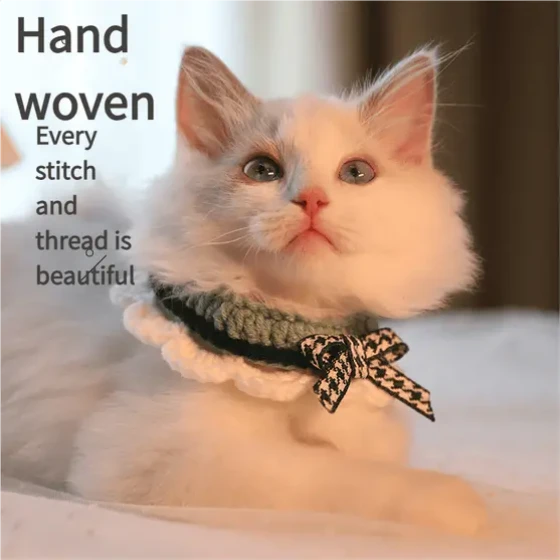Five Manifestations When Cats Are Mentally Depressed

American Shorthair Cat
Cats living in the wild endure more life stress than British Shorthair cats. However, indoor cats can also experience mental stress due to certain stimuli or lack of proper care. Anxious Cats
Anxious cats appear nervous and crouch low to the ground; some may pant or shed fur, have tense muscles, and dilated pupils. These are common signs of anxiety in cats.
Aggressive Behavior
A normally gentle and affectionate cat may suddenly change temperament, scratching and biting the loving owner. Such abnormal behavior certainly has a cause. It is very likely the cat is feeling unwell and should be taken to the vet. Sometimes cats vent frustration by damaging furniture or biting clothes.
Indoor Territory Marking
Certain changes in daily life, or the addition of a new cat in the home, can cause distress and suppression. In this case, the cat will urinate inside the house. The urine-stained areas should be cleaned with disinfectant to remove the cat’s scent and prevent it from returning to mark the same spot again.
Nervous Grooming
Some cats under stress excessively groom themselves. They lick or chew a certain part of their body continuously for no apparent reason. This often leads to dermatitis, eczema, or even bald patches. For this behavior, veterinarians may prescribe sedatives to relieve the cat’s anxiety and suppression.
Chewing Woolen Fabrics
Certain Oriental cats, especially Siamese and Burmese, sometimes particularly like to chew wool sweaters or other knitted clothing. This behavior, reverting to kittenhood habits, is also a result of some kind of suppression.



